Understanding the reasons behind the higher cost of organic foods can be quite complex. It’s not just about the label; it’s about the entire process behind producing food that is sustainable, ethical, and free from synthetic inputs.
Consumers often wonder why organic food is more expensive than conventional options. The price tags reflect a myriad of factors, including the rigorous standards organic farmers must meet to maintain certification, the scale of production, and the labor required for sustainable farming practices.
What are the main reasons behind the high prices of organic food?
One of the primary reasons for the higher price of organic food is the certification process that organic farmers must undergo. This process is not only costly but also requires a commitment to maintaining certain standards which can increase overall production costs.
Another key factor is the use of organic feed and natural fertilizers, which are more expensive than their synthetic counterparts. Additionally, organic farming practices are often more labor-intensive, necessitating higher staffing costs.
Organic farmers also tend to operate on a smaller scale, which means they cannot benefit from the economies of scale that larger conventional farms enjoy. This smaller scale of operation can result in higher costs per unit of product.
The lower yields that organic farms often experience, due to refraining from using GMOs and chemical pesticides, also contribute to the higher prices. This means that to make the same profit as conventional farms, organic farmers must charge more for their products.
Finally, the environmental and health benefits of organic farming are significant, yet they add to the cost. Consumers who understand and value these benefits may be more willing to pay the higher prices associated with organic foods.
How does the certification process affect organic food prices?
The organic certification process is a significant factor in the cost of organic food. It involves not only an initial application fee but also ongoing costs associated with annual inspections, record-keeping, and renewals.

Farmers must often upgrade equipment or change farming practices to meet organic standards, resulting in additional expenses. The process is stringent and ensures that organic foods meet the strict guidelines set by certifying bodies, which can be financially taxing for farmers.
Why do smaller farm sizes contribute to higher costs in organic farming?
Smaller farm sizes limit the ability to achieve economies of scale, making individual production costs for organic farmers higher than those of their conventional counterparts. Organic farms are also often more diversified, offering a range of products but at lower quantities for each, which can complicate harvesting and marketing efforts.
Due to their size, many organic farms may not have access to the same level of agricultural technology and infrastructure that larger farms have, which can reduce efficiency and increase costs.
What role does labor play in the price of organic foods?
Labor is a crucial component in organic farming. Organic methods often require more manual tasks, such as hand-weeding, manual pest control, and the careful monitoring of crop health, leading to higher staffing requirements.
The commitment to fair labor practices and wages in the organic farming sector can also increase costs. These practices are ethically important but can contribute to the higher price points of organic products.
How do subsidies impact the cost of organic vs conventional food?
Government subsidies have a significant impact on food pricing. Conventional agriculture often benefits from subsidies that are not extended to organic farmers, making conventional food cheaper to produce and thus less expensive for consumers.
Without these subsidies, organic farmers must cover the full cost of production, which is then reflected in the prices that consumers pay for organic products.
Are the health benefits of organic food worth the price?
Many consumers feel that the health benefits of eating organic food justify the higher cost. Organic foods are free from synthetic pesticides and fertilizers, which some studies suggest can have negative effects on human health.

Additionally, organic foods often contain more nutrients than their conventional counterparts. The peace of mind that comes from eating food that is produced in an environmentally sustainable way also plays a role in consumers’ willingness to pay a premium price.
Preguntas relacionadas sobre organic food costs
Why do organic foods tend to be more expensive?
Organic foods tend to be more expensive due to a combination of factors such as strict certification requirements, smaller scales of production, and more labor-intensive farming practices. All these factors contribute significantly to the cost of organic products.
Furthermore, the inputs for organic farming, such as organic seeds and non-synthetic pest control methods, often come at a higher price than conventional alternatives, adding to the overall higher cost of organic foods.
Is organic food really worth the extra money?
Whether organic food is worth the extra money depends largely on individual values and preferences. For those prioritizing health and environmental sustainability, the benefits of avoiding pesticides and supporting biodiversity may well justify the additional cost.
Moreover, with the growing awareness of the environmental impact of agriculture, organic food offers a way to support farming practices that are more in harmony with nature, which can be seen as a worthwhile investment in the long-term health of the planet and its inhabitants.
What is the downside to buying organic foods?
The most apparent downside to buying organic foods is the higher cost. Budget constraints can make it challenging for some consumers to purchase organic food exclusively.
Additionally, there may be limited availability of organic products in certain areas, making it more difficult for consumers to access a variety of organic foods.
Which is a reason that organic farming is more expensive?
One central reason that organic farming is more expensive is the smaller scale of production. This smaller scale means that organic farms cannot spread their costs across as much produce as larger conventional farms, leading to higher costs per unit.
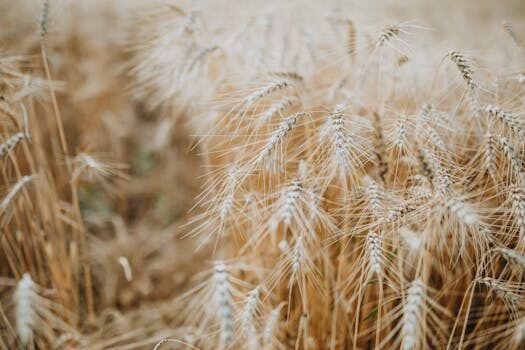
Additionally, the reliance on natural processes and manual labor, rather than chemical inputs and machinery, can make organic farming more resource-intensive from a human labor perspective.
To better understand the intricacies of organic food production and pricing, take a look at this informative video from a well-known organic farmer:
In conclusion, organic food is more expensive for a variety of reasons, ranging from the costs associated with certification and small-scale production to the intensive labor required and lack of subsidies. These costs reflect the true price of producing food that is ethical, sustainable, and supportive of health and biodiversity. While the price tag might be higher, the value lies in the multitude of benefits that organic farming provides to consumers, producers, and the planet.
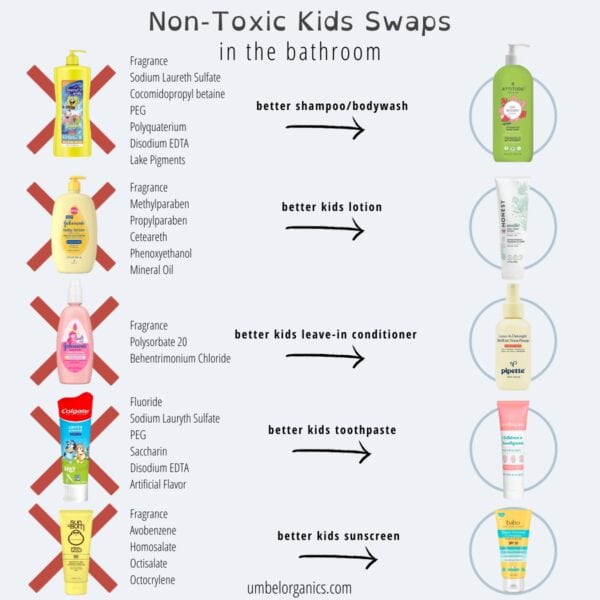 No toxins for tots: how to select and safeguard your crib mattress
No toxins for tots: how to select and safeguard your crib mattress
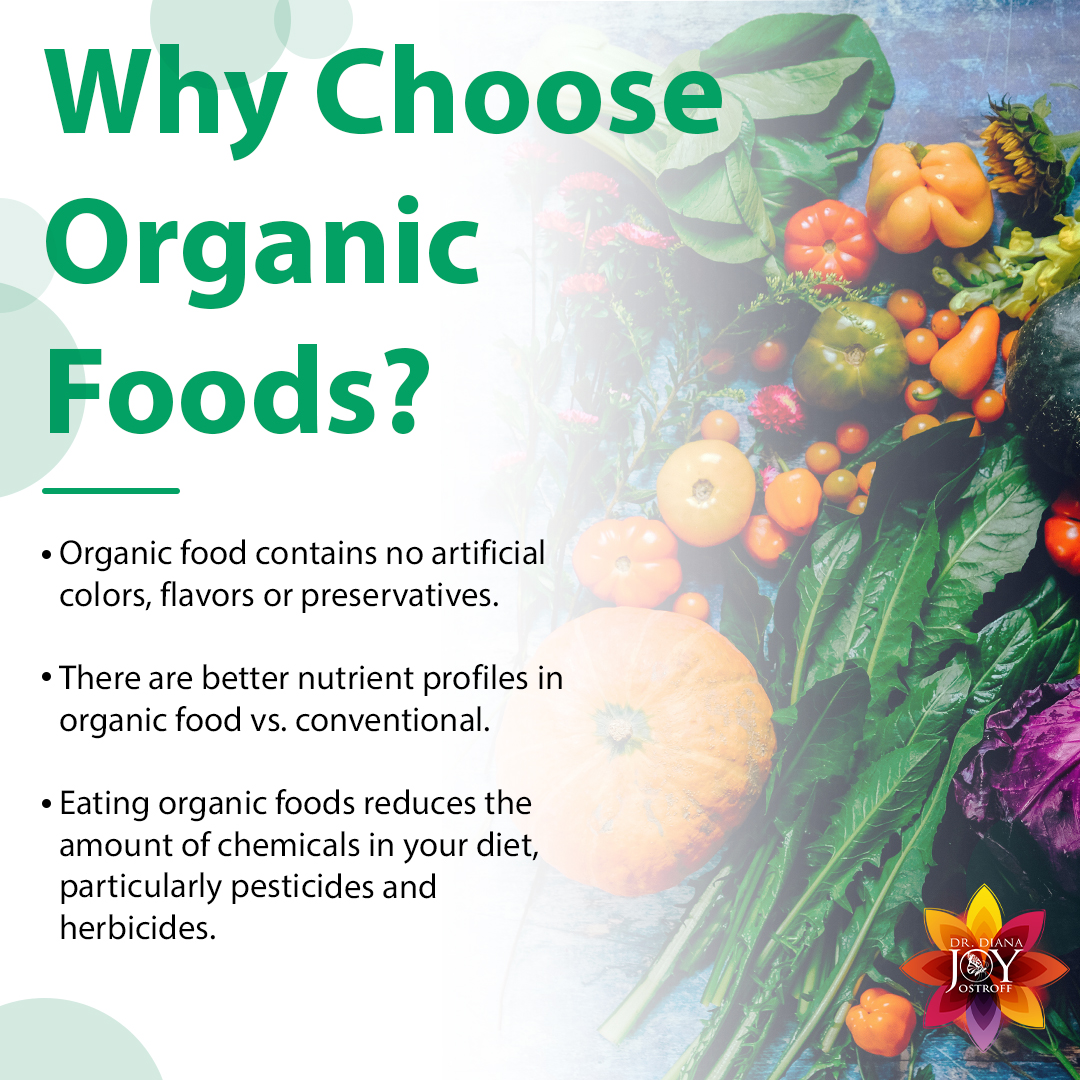

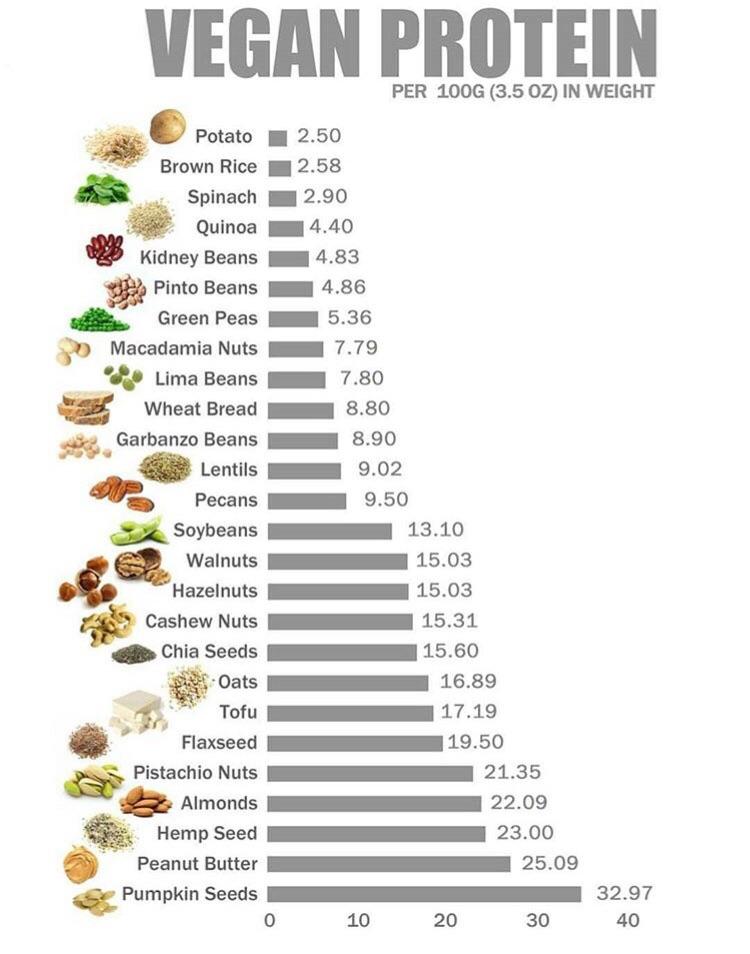
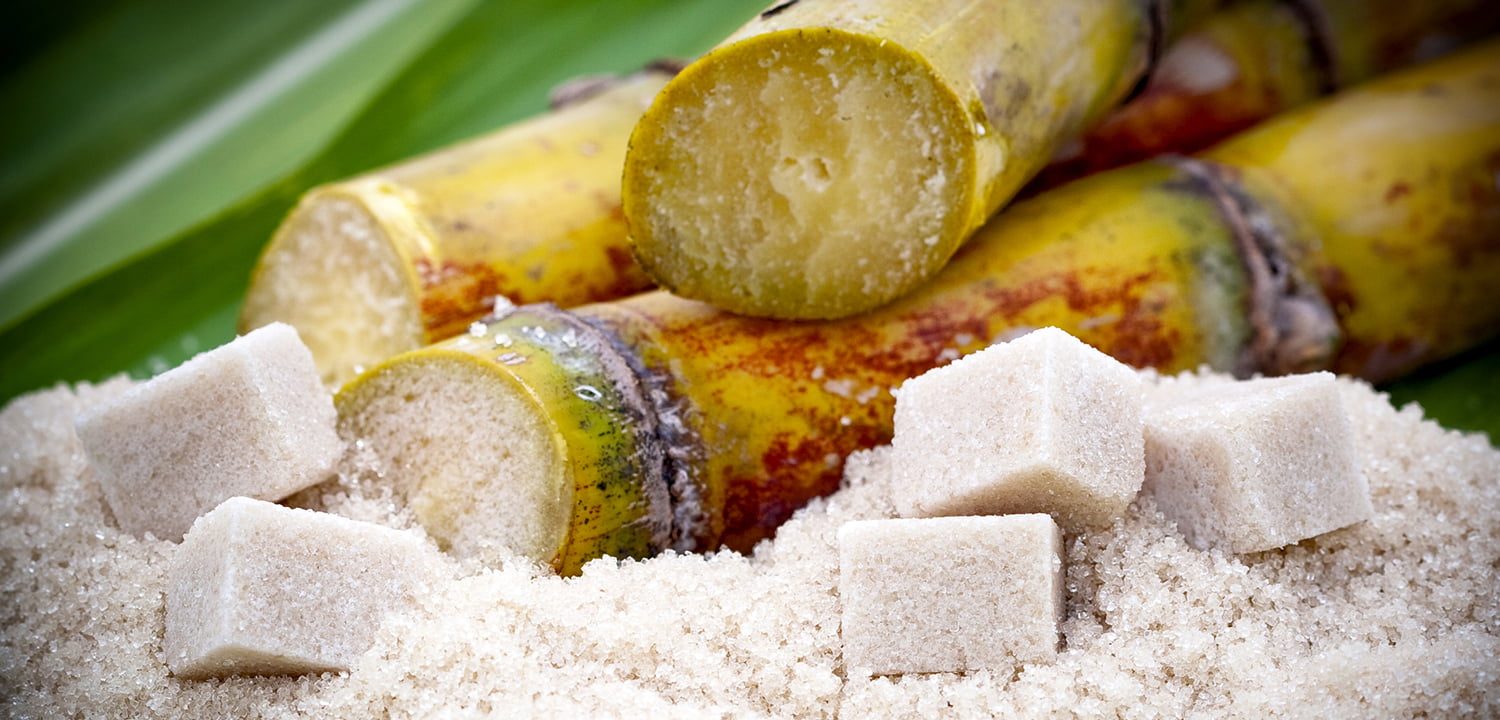
This was a super insightful read! It’s so interesting to learn about all the behind-the-scenes factors that contribute to the price of organic foods. It really makes you appreciate the effort that goes into producing food that’s not only good for us but also for the planet. Plus, knowing the reasons behind the costs makes it easier to decide when and why to invest in organic options. Thanks for breaking it down so clearly!